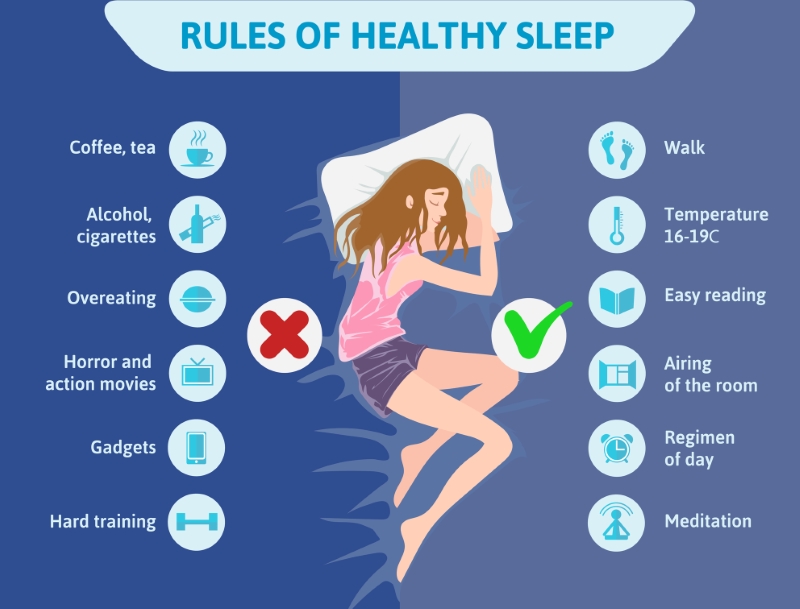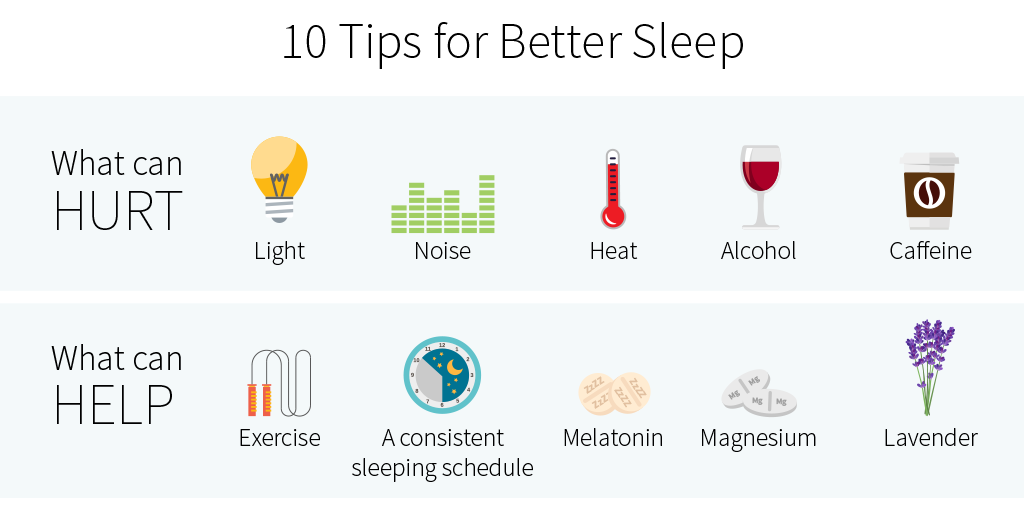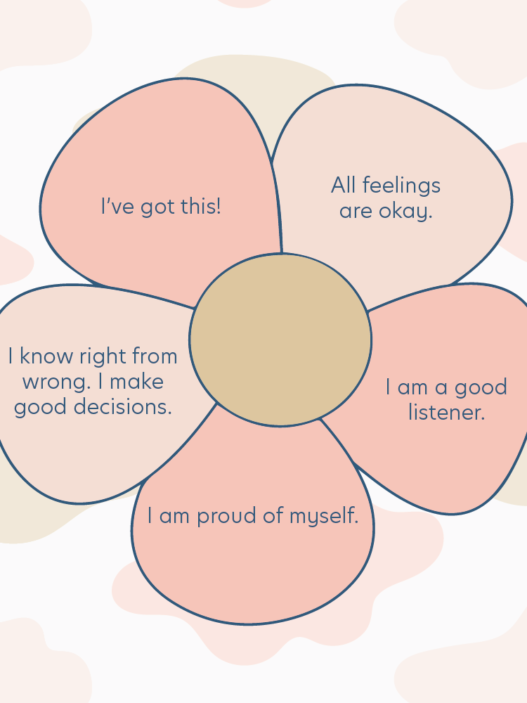How to improve sleep quality? Making dietary and lifestyle adjustments could help you have better sleep. Some natural therapies and vitamins may also be helpful.
Today’s modern life moves so abruptly that there are moments when you hardly have time to pause and relax. It can make consistently getting a decent night’s sleep feel unattainable.
However, sleep is just as important to health as food and exercise. Getting enough sleep enhances your happiness, health, and cognitive function.

Frequent sleep deprivation increases the risk of numerous illnesses and conditions. These include diseases like dementia, obesity, heart disease, and stroke. So, how to improve sleep quality guide coul be what you need.
A well balanced and nutritious diet and regular exercise are necessary for your health, but so is getting a good night’s sleep.
According to research from a reliable source, getting too little sleep can negatively impact your mood, heart health, immune system, and ability to think clearly. In addition, it can raise your risk of diabetes and obesity, among other illnesses.
Because of this, one of the most crucial things you can do to improve your health is to get a decent night’s sleep.
Limit your nighttime exposure to blue light
Because nighttime light exposure lowers your levels of some hormones, such as melatonin, which promotes relaxation and deep sleep, it may have the opposite impact from daytime light exposure.
The worst kind of light in this sense is blue light, which is released in enormous quantities by electronic gadgets like computers and smartphones.
You can lessen your exposure to blue light at night using a number of well-liked techniques. These include putting on blue light-blocking eyewear and shutting off the TV, electronics, and bright lights two hours before bed.
Minimize extended or erratic naps during the day
Short power naps have their uses, but prolonged or erratic naps during the day can interfere with your ability to sleep at night.
Sleeping during the daytime might throw off your internal circadian rhythm clock, making it difficult for you to fall asleep at night easily.
However, the consequences of napping differ for each individual. For instance, according to a 2021 evaluation, napping may be beneficial for athletes or others who participate in physically demanding activities without lowering the quality of their sleep at night.
You shouldn’t be concerned if you regularly snooze during the day and get enough sleep. However, if they appear to be interfering with your sleep at night, think about reducing or shortening them.
Make an effort to go to bed and wake up at scheduled times
The circadian rhythm in your body runs on a predetermined cycle, synchronizing with dawn and dusk. For this reason, maintaining regular sleep schedule and wake-up intervals can help you get better sleep over the long run.
Sleep quality was found to be significantly influenced by irregular sleep patterns and late bedtimes, according to a 2020 analysis of some 41 studies.
Try to maintain the routine of rising and falling asleep at roughly the same times each day if you have problems falling asleep. You may not even need an alarm after a few weeks of practice.

Establish a relaxing and sound sleep atmosphere
Make sure your room is quiet, dark, and chilly. It can harder to fall asleep in the nights if you are exposed to light. Avoid using light-emitting screens for longer periods of time right before bed. To produce a sleep environment that works for you, think about utilizing earplugs, a fan, room-darkening drapes, and other gadgets.
Better sleep might result from relaxing and peaceful activities like taking a bath or practicing relaxation techniques before bed.
Take a supplement of melatonin
One important sleep hormone that signals to your brain when it’s time to unwind and go to sleep is melatonin. Supplementing with melatonin is a very common sleep medication that can help you fall asleep more quickly.
Since melatonin is not considered a medicine by the Food and medicine Administration (FDA), neither its quality nor dosage are regulated by the FDA, just like with other supplements. Nonetheless, studies have examined dosages ranging from 0.1 to 10 mg up to two hours prior to bedtime.
You can increase the dosage gradually from a low starting point. However, it’s wise to see a healthcare provider before attempting melatonin pills. If you are considering giving your child melatonin as a sleep aid, always consult a healthcare provider. Children’s long-term use of this supplement has not been well investigated.
In conclusion
A good night’s sleep can be hampered by a variety of things, including sickness, work-related stress, and family obligations. It makes sense that getting a good night’s sleep can be difficult at times.
The things that disrupt your sleep may be beyond your control. You can, however, develop how to improve sleep quality routines that promote deeper sleep. Start with these easy pointers mentioned in this article.

















